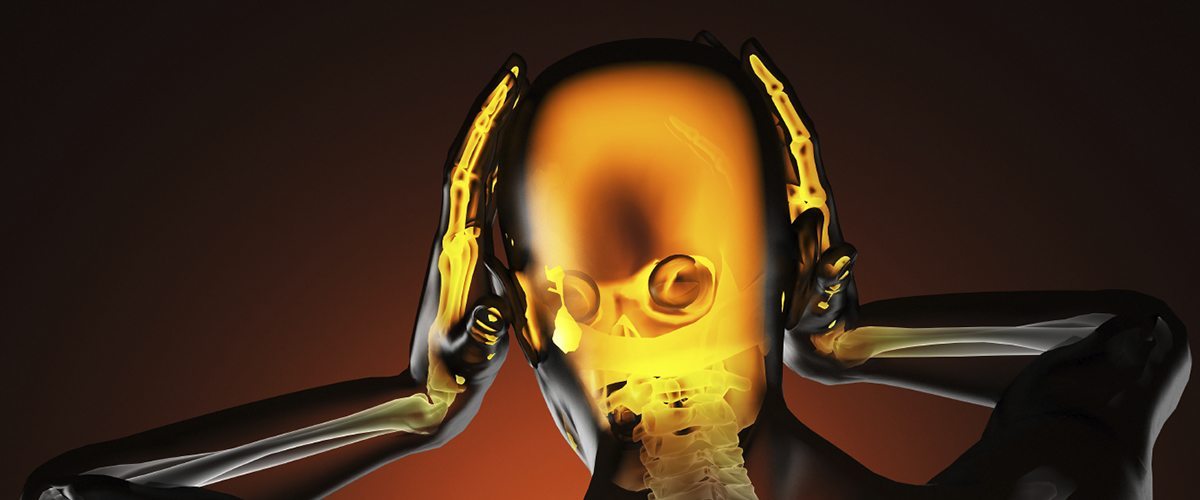<![CDATA[
Current NFL player Eugene Monroe, an outspoken advocate of marijuana use for football players, donates $80,000 to research into the effects of marijuana on pain and concussions.
Raven’s offensive lineman Eugene Monroe announced he has donated $80,000 to a group researching medical marijuana at Johns Hopkins and University of Pennsylvania. The donation will allow new research into the use of cannabinoids by current and former NFL players for pain management and brain injuries like chronic traumatic encephalopathy (CTE).
The Raven’s have been wary of attaching the team name to marijuana in the past and bypassed a top offensive lineman in the draft in Laremy Tunsil when a video emerged of him smoking marijuana from a gas mask bong. Despite this, Monroe has been a vocal opponent to the NFL’s marijuana policy.
Eugene Monroe first became an advocate for cannabis after fears of addiction or overdose from prescription painkillers prompted him to research medical marijuana as an alternative. “Opioids are ruining lives across the country, and as athletes we’re not immune to those perils,” said Monroe in the announcement.
Medical marijuana for NFL players as become a popular topic in recent years due to the rash of concussions and injuries players face. According to Lomas Brown, an ESPN analyst, at least 50% of NFL players currently use marijuana, many for pain relief.
“As a player, I’m not allowed to use cannabis, but I’ve been prescribed opioids for various injuries,” Monroe said. “The opioids work, but they’re very dangerous and highly addictive.”
Monroe has previously urged the NFL to allow players to use medical marijuana for relief from pain in the past, but the league has staunchly refused.
“The substances of abuse policy is collectively bargained and is a joint NFL-NFLPA program,” NFL spokesman Brian McCarthy told Sporting News. “We are guided by medical advisers. They have not indicated a need to change.”
According to an Outside the Lines report, “retired NFL players misuse opioid pain medications at a rate more than four times that of the general population.” This is largely because they are prescribed opioids so often for pain management.
“Clearly, this study indicates we’re not doing enough to care for our wounded and impaired athletes,” said Dr. Wilson Compton, a treating clinician in the NFL’s substance abuse program for nearly a decade.
This debate comes amid an opioid epidemic in this country, with opioid overdose deaths still on the rise. Any strategy that can lower the rate at which opioids are prescribed and taken for pain can help stem the rise of painkiller addiction.
Kevin Hill, assistant professor of psychiatry at McLean Hospital and Harvard Medical School, is quoted saying, “There are many patients that say that they required a significant amount of opioids to treat their pain, and now that they’re using medical marijuana, they need fewer opioids to do that. Some people are able to switch entirely to medical marijuana, but there are people that use a combination of the two.”
Cannabinoids have shown promise for more than just pain. More and more attention has been placed on the ability of cannabis to protect the brain from the long-term injury caused by concussions.
On his website, Eugene Monroe writes, “Research shows that not only can cannabis act as an anti-inflammatory, but it can also protect the brain after traumatic injury (concussions). After I leave the brutal game of football that my kids are so proud daddy plays, I want to remember all the moments we have with them and cherish them forever.”
With that goal of saving the brains of NFL players in mind, Kannalife™ Sciences partnered in 2014 with Marvin Washington, former NFL player and medical marijuana advocate, for the “Show Your Green” campaign to raise awareness for CTE research. Having been diagnosed with multiple concussions during his 11 year career in the NFL, Washington is passionate about the need to further research into CTE and dedicated to building a grassroots effort to call for development of a treatment.
Kannalife™ Sciences holds two exclusive licenses with the National Institutes of Health for the U.S. Patent 6,630,507 “Cannabinoids as Antioxidants and Neuroprotectants”, including for the development of a cannabinoid-based drug treatment for CTE. In February of this year, Kannalife™ Sciences created a safer and more potent synthetic version of CBD called KLS-13019, which it plans to develop into a viable treatment for neurological disease.
Marvin Washington believes so strongly in CBD that both he and his son, a player in the Canadian Football League, are on a CBD regimine and the two regularly discuss the significance of concussions to long-term health.
“It is a positive step forward to see increased social awareness of traumatic head injury and CTE, as well as a call-to-action by the public to creatively drive medical research for a solution,” states Dr. Stuart Titus, CEO of Medical Marijuana, Inc. “A head injury can affect people of all ages – not just NFL players.”
To learn more about CBD and chronic traumatic encephalopathy, visit our education page. ]]>






